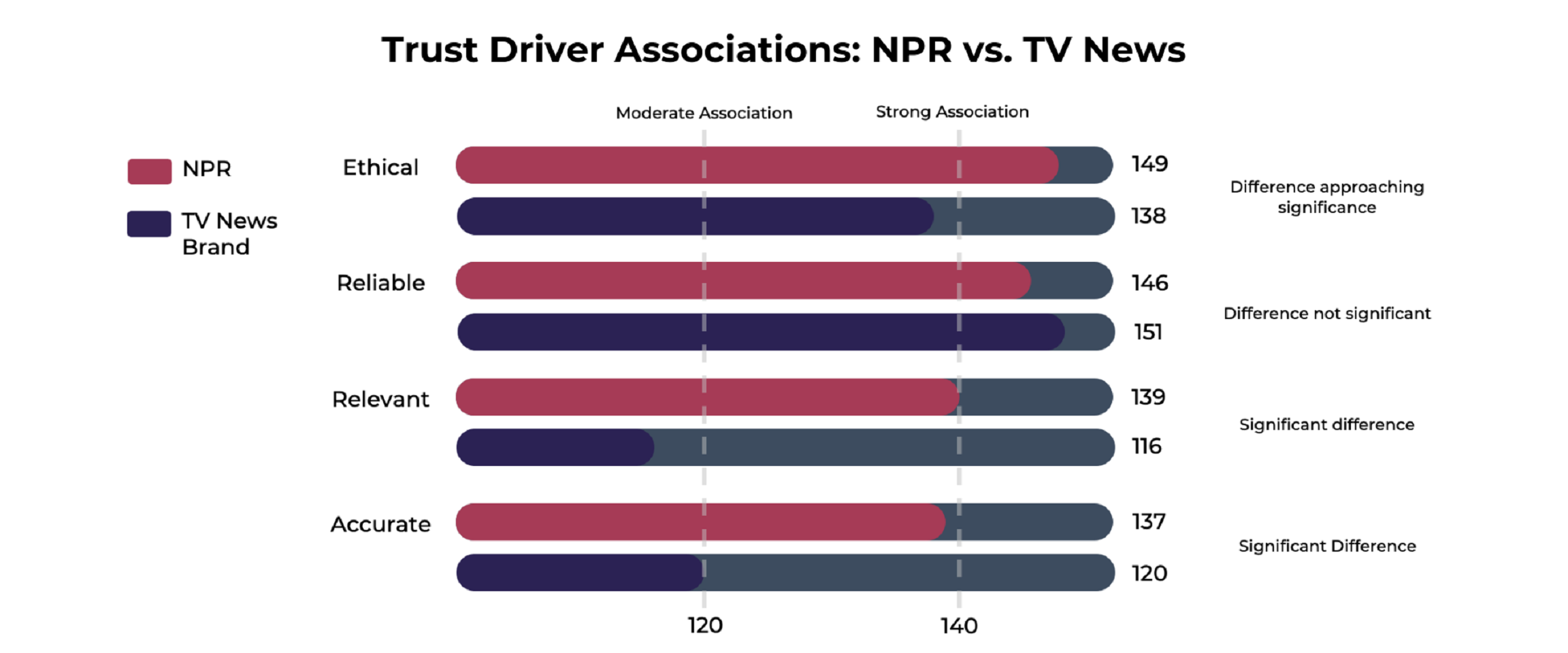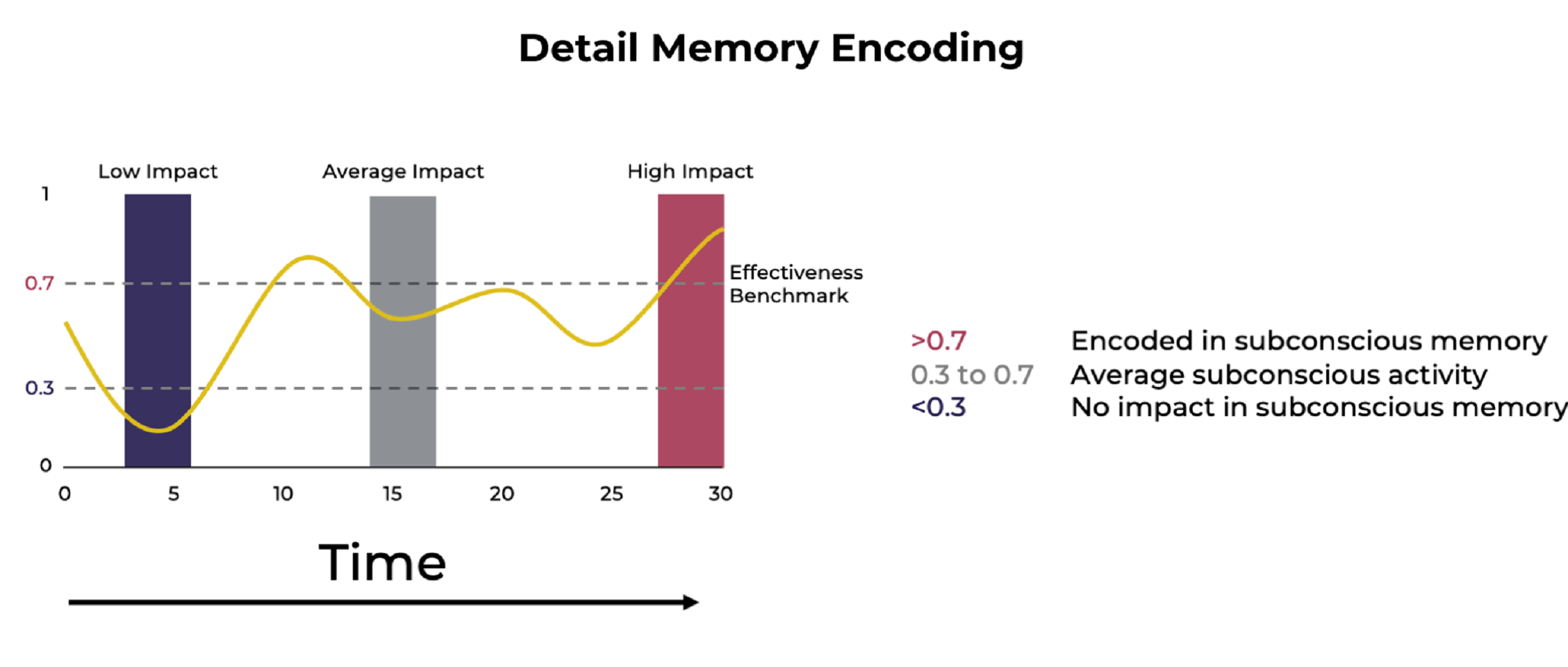Brands need trust, but building trust is challenging.
With the major changes to Twitter, marketers and advertisers across the industry are asking themselves one question: is the platform still a brand safe environment? As brands and agencies navigate these changes, half of Twitter’s top 100 advertisers appear to no longer be advertising on the website.
At a time when trust matters more than ever to consumers — 70% say trusting a brand is more important today than in the past¹ — it is not easy to come by.
Consumers are seeking trust from brands.
Trust is a key factor in all buying decisions, but trust is hard for brands to build on their own. Consumers see fewer than 50% of brands as trustworthy.²
Despite an air of cynicism towards brands, consumers are desperately looking for brands that are making a meaningful impact. 81% of consumers say “I must be able to trust the brand to do what is right” is important to their purchase decisions.³
Building trust through NPR sponsorship.
That’s where NPR comes in as a beacon of credible journalism and as a trusted media partner. This year, NPR partnered with Neuro-Insight to measure unconscious trust in NPR among its listeners. Using memory encoding technology, the study found that NPR owns key drivers of trust in comparison to TV news, providing a valuable platform for brands to boost trust among coveted consumers. In a study of unconscious trust, NPR was strongly associated with “ethical,” “relevant,” “reliable,” and “accurate.”⁴

Furthermore, E-Poll found that NPR consistently ranked #1 for trustworthiness among the 17 news brands measured.⁵ With 48M listeners per week, NPR’s impact is sizable for any brand looking to be heard where it matters.


